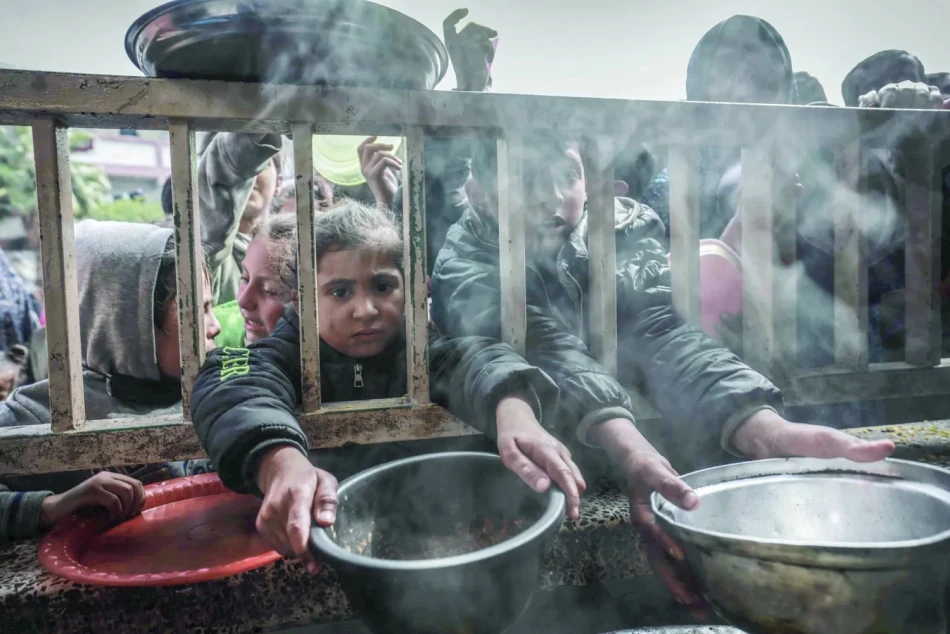
Urgent Crisis: 5 Tragic Malnutrition Deaths Reported in Gaza Within 24 Hours
Gaza Hospitals Report Five More Malnutrition Deaths as Crisis Deepens
Gaza's healthcare system recorded five additional deaths from malnutrition and famine in the past 24 hours, bringing the total death toll from hunger-related causes to 180 people, including 93 children, according to the Palestinian Ministry of Health. The latest casualties were all adults, highlighting how the nutritional crisis continues to claim lives across all age groups in the besieged territory.
Escalating Humanitarian Emergency
The steady climb in malnutrition deaths underscores the severity of Gaza's food security crisis. With children representing more than half of the total fatalities, the statistics reveal a particularly devastating impact on the territory's youngest residents, who are typically most vulnerable to nutritional deficiencies.
The fact that the most recent deaths were adults suggests the crisis has now expanded beyond the traditionally most at-risk populations to affect the broader community. This pattern often indicates a deepening of food scarcity that has persisted long enough to impact even those with greater physical resilience.
Medical Infrastructure Under Strain
Gaza's hospitals, already operating under severe constraints, are now serving as the primary documentation centers for hunger-related deaths. The systematic recording of these fatalities by medical facilities provides crucial data for understanding the scope of the crisis, though the actual numbers may be higher due to deaths occurring outside hospital settings.
Healthcare System Challenges
Medical facilities in Gaza face the dual burden of treating malnutrition cases while operating with limited resources. The ability to maintain accurate death records despite these constraints demonstrates the healthcare system's commitment to documenting the crisis, even as it struggles to address it.
Broader Implications for Regional Stability
The mounting death toll from malnutrition represents more than a humanitarian crisis—it poses significant challenges for regional stability and international diplomatic efforts. Historical precedents show that sustained food crises in densely populated areas often lead to broader social and political consequences that extend beyond immediate territorial boundaries.
The international community's response to these developments will likely influence not only the immediate humanitarian situation but also longer-term prospects for regional peace and stability. The systematic nature of the death reporting suggests international observers and aid organizations will have concrete data to guide intervention strategies.
Most Viewed News

 Sara Khaled
Sara Khaled






